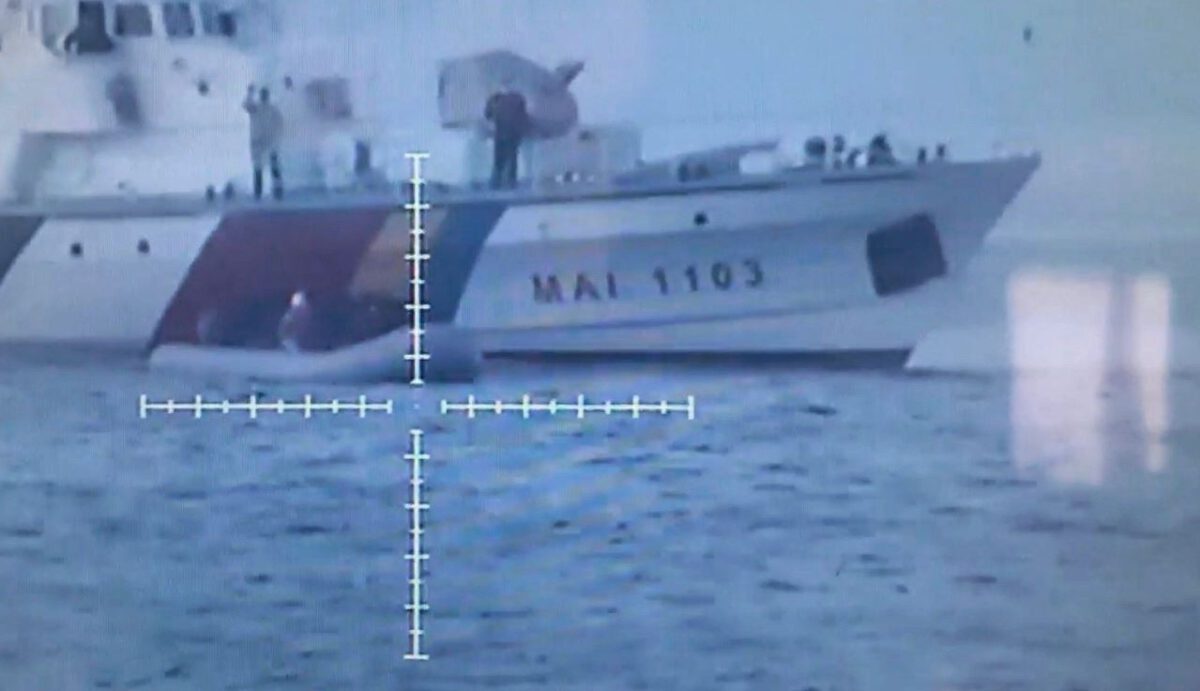Question on the involvement of Frontex in illegal pushbacks

Together with other MEPs, I put the following questions to the EU Commission, which answered them on 14.04.2021:
Subject: Alleged involvement of Frontex in illegal refoulement of asylum seekers
On 23 October 2020, Der Spiegel published its investigation entitled "Frontex implicated in illegal pushbacks of refugees". At the LIBE Committee meeting of 6 July 2020, Fabrice Leggeri denied any knowledge of pushbacks by the Greek authorities, except for one incident, which he described as a "misunderstanding". In contrast, however, the article reveals that Frontex officials were aware of at least six incidents in which the Greek authorities had carried out refoulements without helping migrants in distress, and despite the fact that officials were obliged by the Code of Conduct for Frontex Officials to prevent refoulements. This includes an incident that took place on 8 June 2020, in which Frontex vessel MAI 1103 blocked a migrant boat, deliberately created dangerous waves to stop the boat's forward movement, and left the site after Greek authorities had arrived and pushed the boat back.
1. what measures the Commission and Frontex are considering to ensure that the above incidents do not recur?
2. whether the Commission knows whether Fabrice Leggeri was in fact unaware of the above incidents when he appeared before the LIBE Committee?
3. in the light of the above, what view does the Commission take of the political responsibility which Frontex must bear as a result of the incidents?
Answer given by Ylva Johansson on behalf of the European Commission on 14.04.2021:
The Commission takes the allegations of refoulement very seriously. In line with EU law and the EU Charter of Fundamental Rights, the principle of non-refoulement must be upheld in border management.
In order to discuss the allegations, the Commission asked the Management Board of Frontex to hold two ordinary Management Board meetings in November 2020 and January 2021, in addition to two extraordinary Management Board meetings. These were convened on 10 November 2020, 9 December 2020 and 5 March 2021.
At its meeting of 10 November 2020, the Board decided to set up a dedicated working group to conduct further investigations into this matter in accordance with the allocation of responsibilities set out in Regulation (EU)2019/1896.[1] The Commission was represented in this working group and submitted a number of questions to the Executive Director in order to obtain further clarification. Upon invitation, a representative of the European Parliament also participated in the relevant meetings of the Management Board.
The Executive Director of Frontex informed the Commission by letter of 27 October 2020 of the preliminary findings of the internal investigations into the incidents reported in the media. He stressed that Frontex had so far not found any documents or other material to substantiate the allegations of violations of fundamental rights or of the Frontex Code of Conduct by seconded officials. The final report of the working group and the conclusions adopted by the Management Board on 5 March 2021 were published on the Agency's website.[2]
An effective and well-functioning Agency for the management of external borders, which guarantees the protection of fundamental rights in the exercise of its functions, is one of the Commission's priorities. To this end, the Commission will continue to support and advise Frontex to ensure the effective fulfilment of the Agency's mandate.
[1] Regulation(EU)2019/1896 of the European Parliament and of the Council of 13 November 2019 on the European Border and Coast Guard (OJ L295, 14.11.2019, p.1).
[2] https://frontex.europa.eu/media-centre/management-board-updates/conclusions-of-the-management-board-s-meeting-on-5-march-2021-on-the-report-of-its-working-group-on-fundamental-rights-and-legal-operational-aspects-of-operations-in-the-aegean-sea-aFewSI